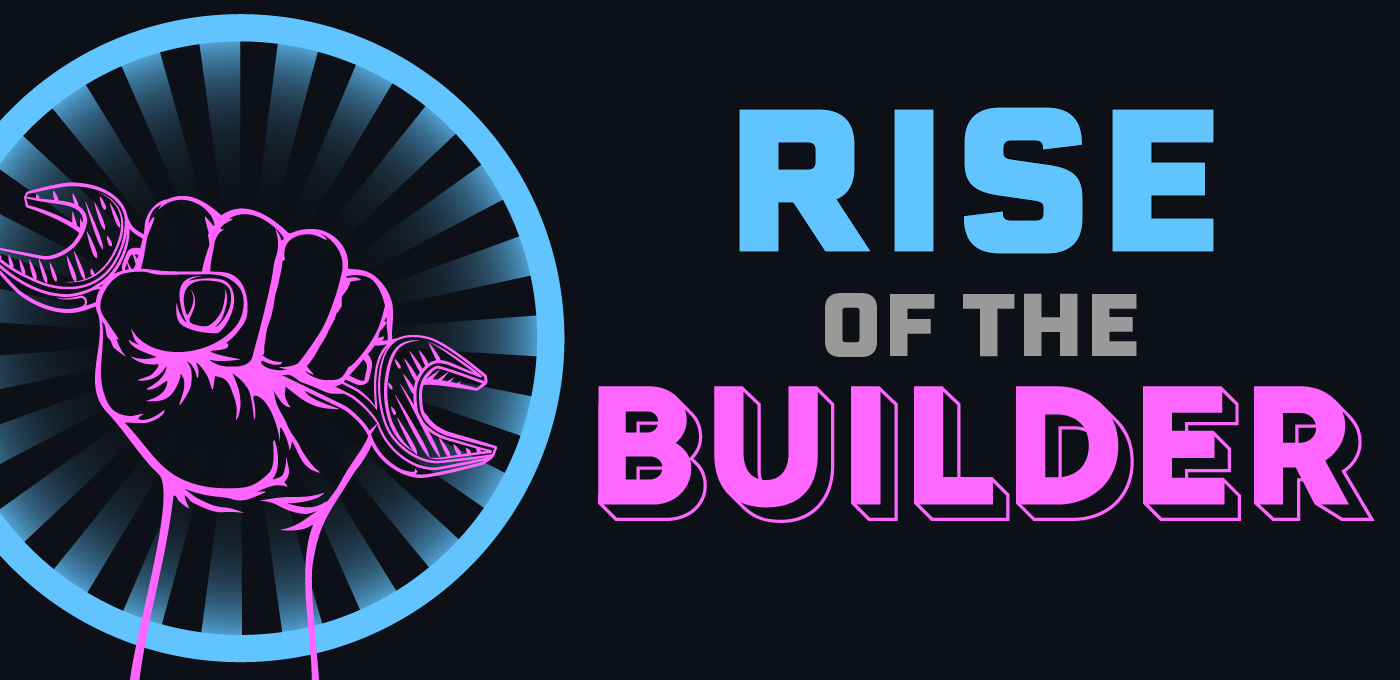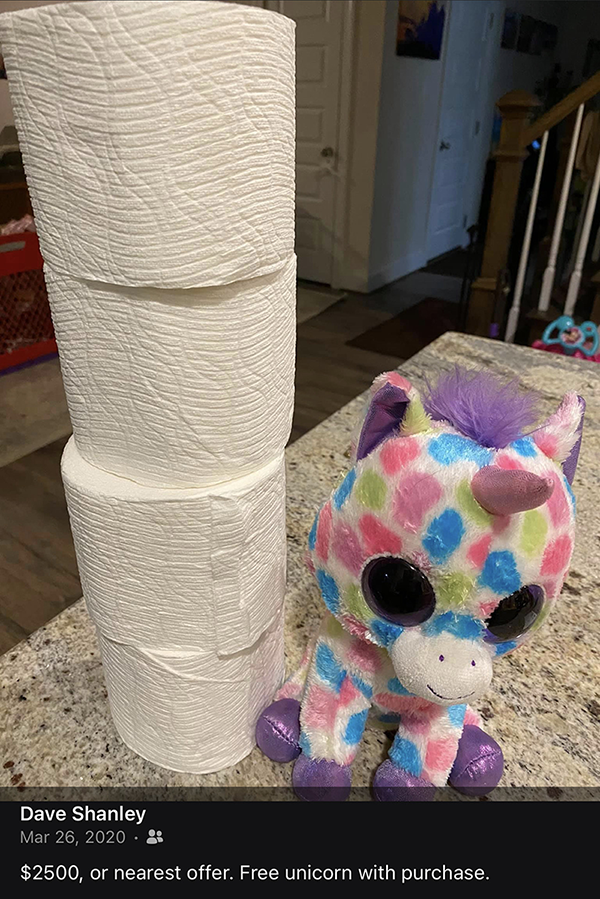
As we knew it, the world stopped operating according to standard operating procedures in 2016.
And then, suddenly, it came to a complete halt in 2020.
What happened in 2016?
We reached a boiling point in the west driven by the extreme left and right politics that dominated media outlets, mainly social media, and terrible cable news networks like Fox News and CNN.
The outcome led to events like Brexit and the January 6th Capitol Attack — a pivotal point in history for the modern world.
None of which is new. What happened in 2016 has happened before, many times, and across the ages.
But something was a little different this time around.
Zero interest rate phenomena.
From 2010 through 2015, the world existed outside of reality.
Money was essentially free, meaning anyone could borrow cash and pay very little interest on the loan.
This rare situation created a distortion bubble in reality. Somehow businesses and companies were valued on growth, accumulating users, and ‘blitzing’ markets with a saturating presence.
During that period, companies derived valuation came from growth. In other words, It was about how quickly a company could go to market with a product, saturate the market with a brand, and operate a winner takes all strategy to capture the market.
Stranger things
It was even stranger than just growth alone.
It seemed that any business that took a traditional, non-technical product (like a hotel room, taxi, or delivery service) and wrapped it in a technical solution that removed having to talk to people, or it added a sense of higher convenience, exclusivity, and novelty (mostly novelty) over that traditional product.
Everyone suddenly became a bit starstruck by that concept.
…“yeah, but - does it have an app?”
The product and the end-to-end experience of the product became an afterthought.
It was about showcasing how ‘disruptive’ a start-up or company was and how it could dominate a new market.
Uber, Airbnb, and Doordash market themselves as the re-invention or disruption of Taxis, Logistics, Hotels, and Takeout food.
They all took Reid Hoffman’s ‘Blitzscaling’ approach to business. It worked like nothing we had ever seen during that magical time.
By the time 2016 rolled around, however, everyone wanted a slice of the pie. The money was everywhere, and it was free.
Peak noise-to-signal ratio
Social Media was a hive of insanity (not that it’s much better today, but wow, back then, Facebook was a cesspit)
We saw the rise of concepts like flat-earth and Qanon. Utterly insane ideas generally relegated to the internet’s darkest corners were suddenly shoved in everyone’s faces.
Truth suddenly became an opinion. Somehow logic and reason started leaking out of reality.
We didn’t know it then, but this is where things tipped. We were about to experience a taste of the new world ahead of us.
Wiping off the groceries
In 2020, the world froze, and we all experienced something new (well, for most of us under the age of 100).
The pandemic changed our lives completely.
All of a sudden, we found ourselves wearing masks everywhere. Stores were closed, lockdowns were in place, alien concepts to most of us in the ‘free’ world.
I remember standing in the kitchen, wiping off the delivery groceries with disinfectant and a mask to protect my family from the dangerous virus.
I have since had COVID twice, as has my entire family. We no longer fear the virus; none of us should.
As this was all unfolding, something akin to a bull trap was going on, unlike anything we had seen before. All of this was new territory for everyone.
Tech was going insane!
Valuations for internet-based companies went through the charts, Peloton went to the moon and so did others like zoom. Any company that enabled remote operations or engagement benefited from the bounty bubble.
Governments worldwide pumped even MORE free cash into people’s hands.
MOAR FREE MONEY FOR EVERYONE
Tech CEOs convinced the world that remote work was the future for everyone (It isn’t, and won’t be), and everyone would love video-conferencing from home all day (we don’t. We mostly hate it).
What a time to be in tech, right?
Cash drunk at the end of the world
In 2021, we were partying like it was 1999. And then, just like in 2000, we saw the bubble pop.
Here we go again
2022 was one of the worst, if not the worst, year in history for technology companies.
Silicon Valley went through another bubble pop, this time affecting tens of thousands of tech workers, in a bloodbath of a layoff as a result of the re-balancing of the system. It’s not over yet and as of writing, is still in motion.
The alternate reality we saw from 2020-2022, was being un-made, and it was also the start of a regression toward the mean, not just for tech but for planet earth.
It seems now that people are getting upset with being charged crazy fees to stay in someone else’s house and be asked to mow the lawn and take home garbage as part of the deal.
People are re-discovering novel concepts like paying a business for a fully serviced room, with complete freedom to come and go, with no strings attached.
Re-discovering that hotels are pretty convenient and that a taxi is often a more reliable and convenient way to travel instead of a ride-share application means that the industry is (like with everything) regressing toward the mean.
The pandemic was a catalyst for what was already happening across the globe.

We all experienced supply chain interruption, and I specifically remember worrying about toilet paper and paper towels.
Never in my life have I had to worry about toilet paper.
The more significant shift was how globalization was fracturing and turning inward. Globalization was over, and in February 2022, we saw the nasty side of what happens when countries become inward-focused with the invasion of Ukraine by Russia.
This side of us, humanity, isn’t new, not at all. We have seen this all before, many times.
The last time the world was in this position was the period leading up to the second world war in 1939.
What we experienced from 1945-2020 was abnormal. Starting with the Post-World War Two economic boom and bumping along through various recessions, and ending with a second big boom that came to an abrupt halt by COVID-19.
The golden years of globalization
The forty-year period from 1980-2020 and the rise of globalization on a scale never seen before in human history was a golden moment for us.
However, like everything, like always - we’re reverting to the mean. That world has ended, and we’re entering the next phase of our journey. The geopolitical climate we’re now in means international trade is changing and market definition of value is also changing.
Free Cash Flow (FCF) is now the marker of health used by the stock market to determine value, and valuation is no longer rooted in how fast a company can grow or how many customers it can acquire.
Now it’s all about free cash flow through revenue, and cash-generating businesses are where the market wants to invest.
People want products, they expect high quality and choice that is available locally .
Local first is the new hotness
Manufacturing, logistics, farming, industry, engineering, medicine, high-tech, and any company that produces consumed products (food, medicine, equipment, tools, software) will see a bountiful future.
The time of free money is over, and a massive supply vs. demand problem will open up everywhere. International trade and supply will become more complicated and fragmented globally, so local production will become the new normal (again).
The same local-first trend is also emerging in software development.
The somewhat similar concept of ‘always needing cloud access’ (which breaks our offline experience significantly) is close to the idea of ‘needing access to global trade’ to meet supply chain needs.
All this change boils down to something I believe in my core;
Rise of the builder.
So what do we do about this change?
I have one word for you. BUILD!
Building high-quality, consumable, usable products that are readily available locally or nationally will be extraordinarily valuable between now and 2040.
If you’re a builder, go faster! Tick-tock goes the clock!
Now is the time to put the pedal to the metal and go harder than ever. The bounty awaits.
To learn more, I recommend ‘The end of the world is just the beginning’ by Peter Zeihan.
If you’re not a builder
What would you build? What is stopping you? Do you want to miss out? Are you happy just consuming?
Do you want to miss this wave of prosperity?
Take advantage of this opportunity. Build something.
